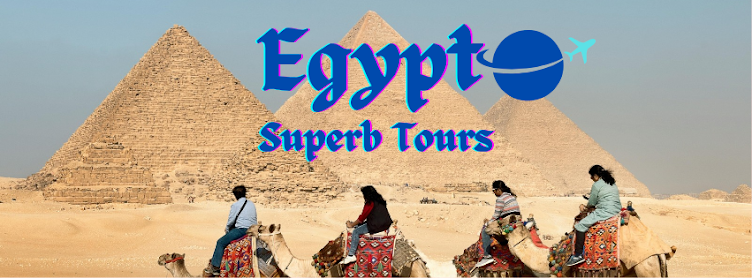Egypt's linguistic landscape is diverse and deeply rooted in its historical and cultural evolution.
**1. Arabic The official language of Egypt is Arabic, specifically Egyptian Arabic, also known as "Masri." It is the most widely spoken dialect in the country and differs from Modern Standard Arabic (MSA), which is used in formal settings, including literature, media, and official documents.
**2. Coptic Coptic, the liturgical language of the Coptic Orthodox Church, is descended from ancient Egyptian and written using the Greek alphabet with some additional letters. While it is no longer spoken in daily life, it remains an important part of religious services and cultural heritage.
**3. Historical Languages
Hieroglyphics: The ancient Egyptians developed hieroglyphics, a complex writing system used primarily for religious texts and monumental inscriptions. Hieroglyphics consisted of pictorial symbols representing sounds, words, and concepts.
Demotic and Hieratic: Demotic was a simplified script used for administrative and everyday purposes, while Hieratic was a cursive form of hieroglyphics used mainly by priests.
Literature in Egypt
Egyptian literature has a long and illustrious history, spanning from ancient times to the modern era. It encompasses a wide range of genres and themes, reflecting the country's rich cultural heritage and contemporary concerns.
**1. Ancient Egyptian Literature
Religious Texts: Ancient Egyptian literature includes religious texts such as the Pyramid Texts, Coffin Texts, and the Book of the Dead. These texts were designed to guide the deceased through the afterlife and ensure their safe passage.
Literary Works: Secular works, such as "The Tale of Sinuhe" and "The Instruction of Ptahhotep," provide insights into the values, beliefs, and daily life of ancient Egyptians. These texts were often written on papyrus scrolls or inscribed on monuments.
**2. Medieval and Islamic Literature
Arabic Literature: With the advent of Islam, Arabic became the dominant literary language in Egypt. Egyptian scholars and writers made significant contributions to Arabic literature, including poetry, prose, and religious texts.
Notable Figures: Ibn Khaldun, a 14th-century historian and sociologist, is known for his work "Muqaddimah," which laid the foundations for the study of sociology and historiography.
**3. Modern Egyptian Literature Modern Egyptian literature reflects the country's complex social, political, and cultural landscape. It encompasses various genres, including novels, short stories, poetry, and drama.
**4. Prominent Writers
Naguib Mahfouz: The first Arab writer to win the Nobel Prize in Literature (1988), Mahfouz is renowned for his novels that explore Egyptian society, such as "The Cairo Trilogy" and "Midaq Alley." His works provide a profound and nuanced portrayal of life in Cairo.
Tawfiq al-Hakim: A prolific playwright and novelist, al-Hakim is considered a pioneer of modern Arabic drama. His plays, such as "The People of the Cave" and "Shahrazad," blend traditional and modern themes.
Ahmed Zaki Abu Shadi: A prominent poet and literary critic, Abu Shadi was a leading figure in the Apollo Group, a movement that sought to revitalize Arabic poetry by incorporating modernist elements.
**5. Contemporary Literature
Diversity of Voices: Contemporary Egyptian literature features a diverse array of voices and themes, addressing issues such as gender, identity, politics, and social change. Writers like Alaa Al Aswany ("The Yacoubian Building"), Ahdaf Soueif ("The Map of Love"), and Nawal El Saadawi ("Woman at Point Zero") have gained international recognition for their compelling narratives and critical perspectives.
Literary Festivals: Egypt hosts several literary festivals and events, such as the Cairo International Book Fair, which provides a platform for both established and emerging writers to share their work and engage with readers.
The rich tapestry of language and literature in Egypt is a testament to the country's enduring cultural legacy and its ongoing creative vitality. From ancient hieroglyphics to contemporary novels, Egyptian writers and thinkers have continuously contributed to the world's literary heritage, offering profound insights into the human condition.
